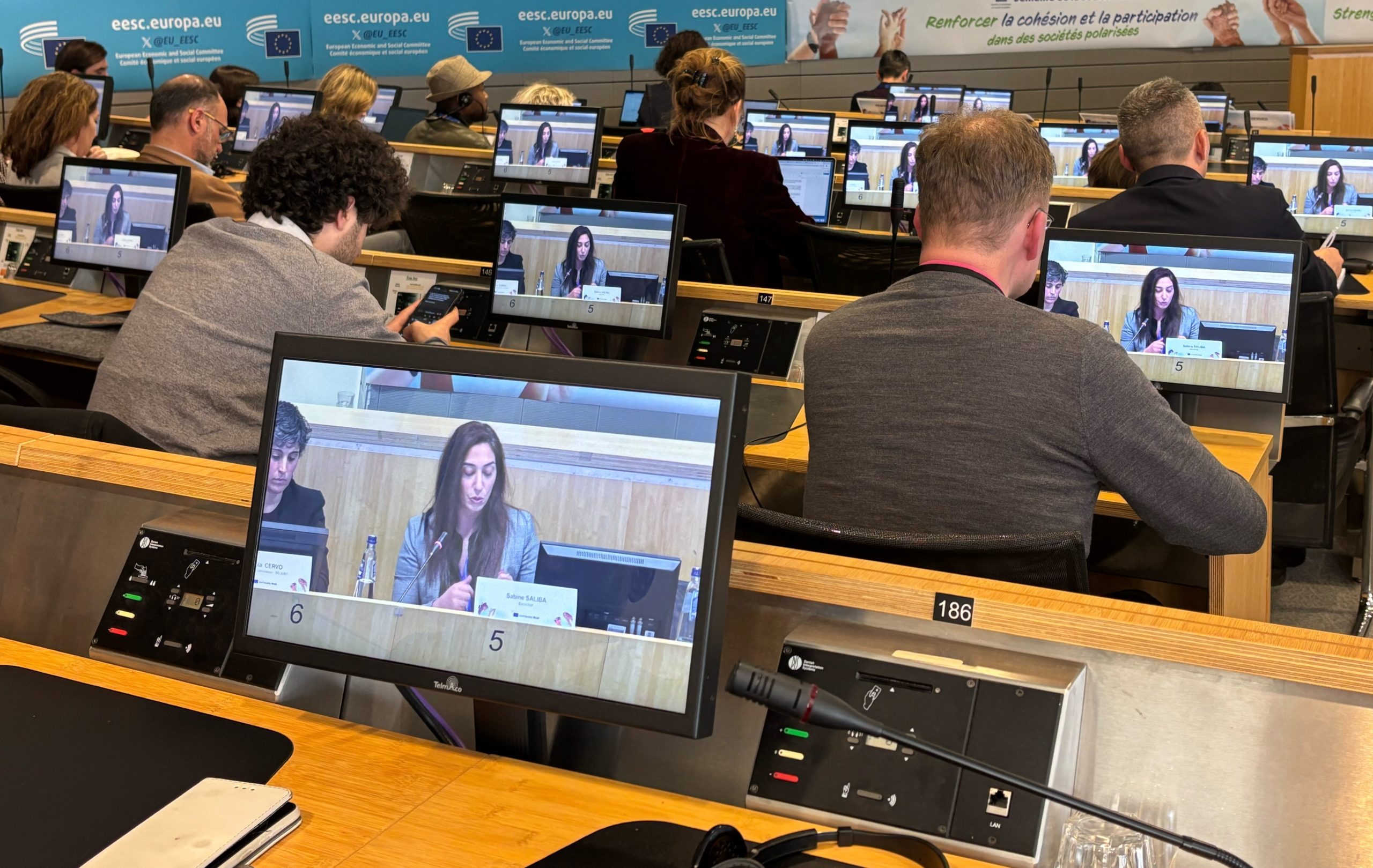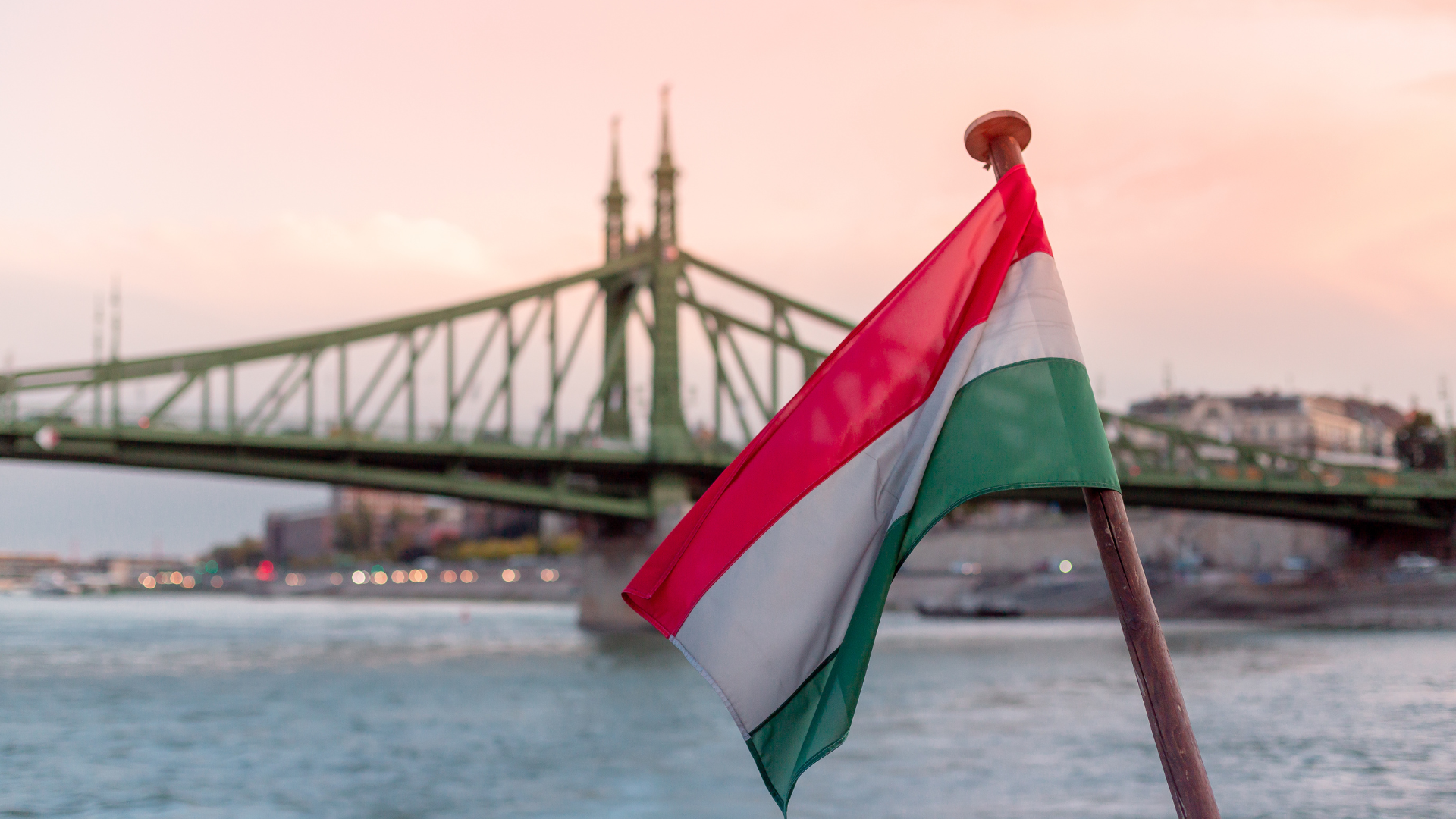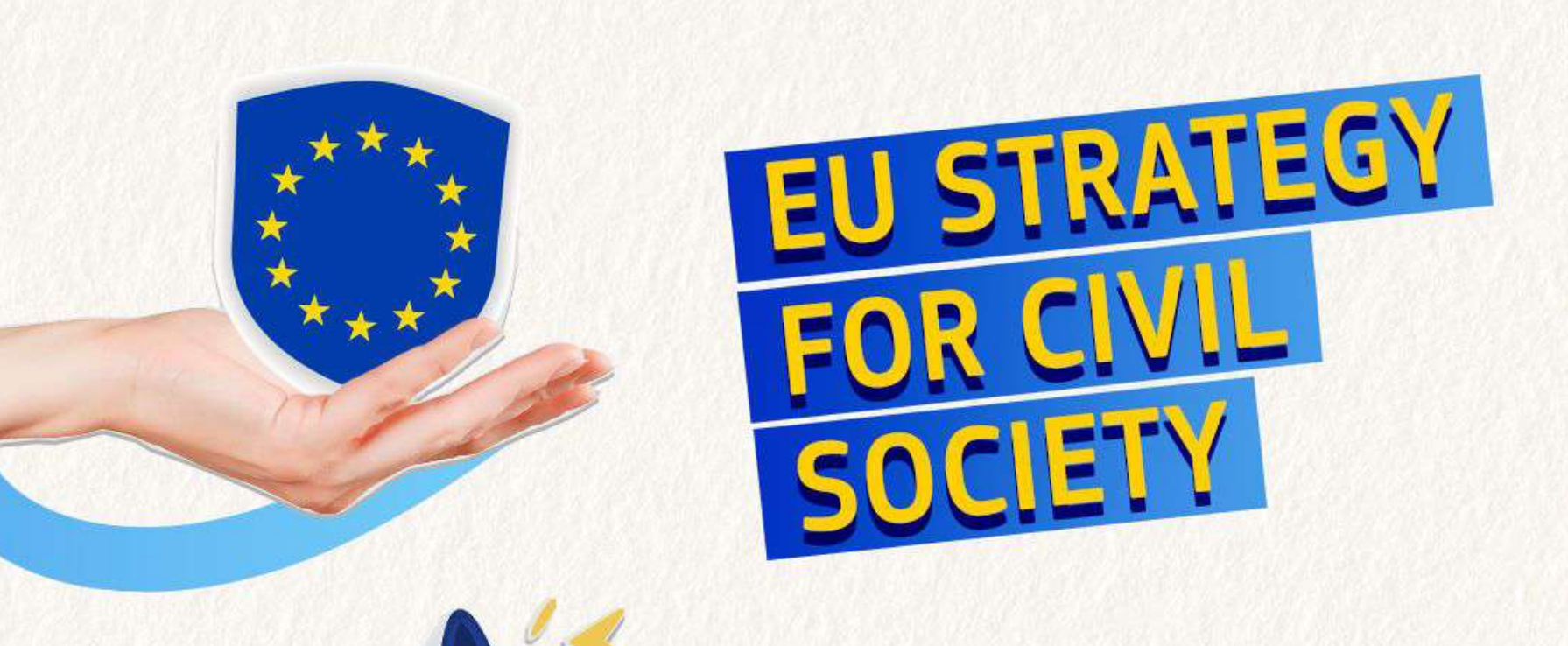When children’s rights are under attack, civil society must be free and funded to fight back
A blog by Sabine Saliba, Eurochild Secretary General.
Earlier this month, I had the opportunity to speak on a panel at the EESC Civil Society Week 2025, where we tackled one of the most urgent challenges facing Europe today: how to support and fund civil society organisations (CSOs) in an increasingly hostile environment.
Growing up as an activist in the Middle East, I learned early on: when fundamental rights are under attack, silence is not an option. Today, I see the same urgency in Europe. Across the continent, the space for civil society is shrinking. Children’s rights defenders—especially children and the organisations that support them—are being silenced, misrepresented, and underfunded. And in many cases, the very systems that are meant to protect them are standing by—or worse, complicit.
At Eurochild, we are seeing how anti-rights movements—often acting under the banner of “protecting family values”—are weaponising child protection language to roll back hard-won rights. This is not just a cultural debate or a policy disagreement. It is a strategic effort to weaken the rights of children and the civil society organisations that defend them.
Real Consequences, Real People
In Bulgaria, amendments to the Preschool and School Education Act now explicitly ban any promotion of “non-traditional sexual orientation or gender identity” in schools. This law directly violates children’s rights to information, identity, and freedom of expression—rights enshrined in the UN Convention on the Rights of the Child.
At the same time, new legislative proposals such as the Foreign Agents and Lobbying Acts threaten to criminalise civil society actors simply for receiving foreign funding or challenging government narratives.
Meanwhile, in Spain, a far-right party launched a public campaign targeting unaccompanied migrant children during the 2021 Madrid elections—linking them with crime and portraying them as a financial burden. Their posters flooded the Madrid Metro, and some party leaders even suggested withdrawing Spain from the UNCRC to justify deporting these children.
These are not isolated cases. They are part of a growing movement to restrict rights under the guise of “protecting children”—a tactic that ultimately leaves the most vulnerable even more exposed.
Advocacy is not a threat to democracy—it’s a Core Pillar of it
Too often, child rights organisations are seen only as service providers. But advocacy—challenging unjust laws, shaping policy, amplifying children’s voices—is just as essential. And yet, organisations doing this work are often excluded from public funding or treated with suspicion. This must change.
We need EU and national funding frameworks that recognise the dual role of civil society—as both providers and advocates. We must support not only what is convenient or apolitical, but also the work that questions power and demands accountability. Because when we defund advocacy, we silence the watchdogs. And when watchdogs go quiet, rights quickly follow.
A system set up to fail
Right now, the funding model for child rights work is broken:
- Core, unrestricted funding is rare.
- Short-term grants limit long-term planning.
- Philanthropic investment in child rights is stagnating.
Despite the growing threats, the resources to fight back are simply not keeping pace. This leaves organisations scrambling to patch together project-based funding while navigating politically hostile environments.
What needs to change
As we look toward the next Multiannual Financial Framework (MFF) and programmes like CERV, we are calling for four urgent changes:
- Prioritise core and unrestricted funding: Civil society needs the flexibility to act fast, adapt, and stay resilient.
- Eliminate co-financing requirements: Match-funding conditions exclude smaller organisations, particularly in countries where civic space is shrinking.
- Protect advocacy and watchdog functions: The EU must explicitly support advocacy—not penalise it—for challenging injustice.
- Make EU funding more accessible and fair: Simplify application processes, reduce administrative burdens, and create dedicated funding for organisations in high-risk contexts.
Philanthropy must step up, too. While public funding is critical, philanthropic foundations also have a vital role to play. Currently, children’s rights remain an underfunded areas of human rights work, particularly when it comes to advocacy, civic space, and systemic change. We are calling on philanthropic actors to:
- Invest in core, flexible funding that allows organisations to respond to emerging threats and build long-term strategies.
- Support collaborative approaches—regional learning, peer-to-peer exchange, and networks that strengthen collective impact.
- Stand publicly and vocally with civil society actors who are under attack.
Philanthropy can—and must—be a catalyst for resilience in the child rights movement.
The Fight ahead
The rights children enjoy today—bans on corporal punishment, inclusive education policies, child protection systems—didn’t appear by chance. They exist because civil society stood up, spoke out, and demanded better. Now, in the face of growing backlash, we must do it again. We need a funding ecosystem that sees civil society not as a risk, but as a force for rights, resilience, and real change. Because defending children’s rights isn’t just about providing services—it’s about speaking up. And civil society must be free—and funded—to do both.
Our Call to Action: Protect, Empower, Sustain
We are launching a campaign to confront anti-child rights movements and ensure civil society has the freedom—and the funding—to fight back. We are calling on EU institutions, national governments, and funders to:
- Protect children’s rights defenders: Establish a European mechanism to monitor attacks, sound the alarm, and offer a safe space for defenders to share their experiences and propose solutions.
- Strengthen civil society’s power to act: Support CSOs under threat, collect evidence of resilience and good practice, and invest in tools, peer learning, and regional solidarity.
- Empower children as rights defenders: Ensure meaningful, sustainable participation of children in EU decision-making—especially those most at risk of exclusion.
The bottom line? We need a system that backs civil society with trust, funding, and protection.
If we want to defend democracy, we must invest in those defending rights—especially for children.
Further information:




